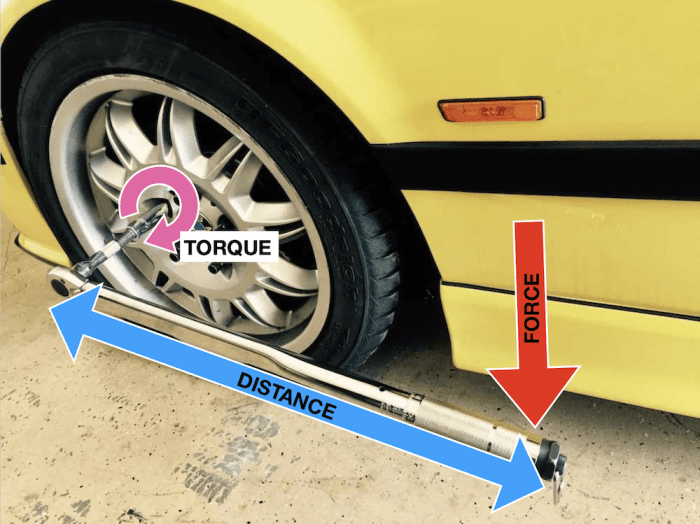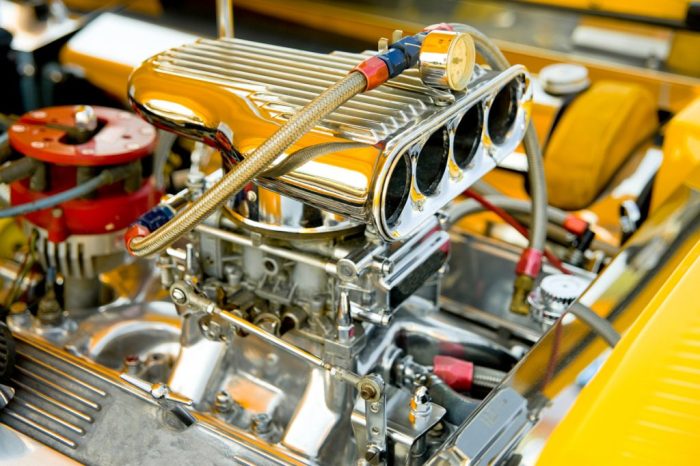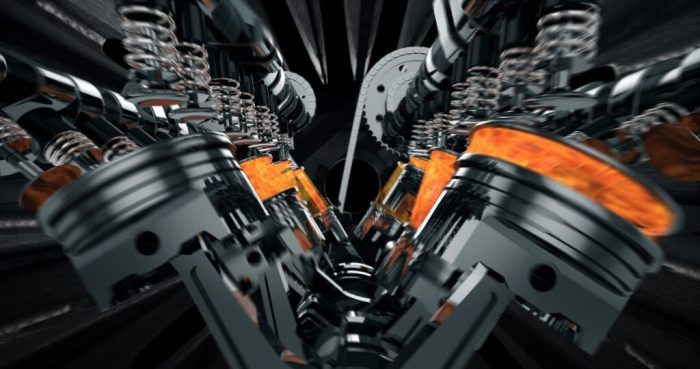Engine torque vs horsepower serves as a fundamental comparison in understanding automotive performance. These two key metrics, often debated among car enthusiasts and engineers alike, define a vehicle’s capability in distinct yet interconnected ways. While torque measures the engine’s ability to do work at a given moment, horsepower quantifies how rapidly that work is performed. Together, they influence everything from acceleration to top speed, making them crucial for anyone interested in the mechanics of vehicles.
Expand your understanding about Best sports cars 2024 with the sources we offer.
By delving into the definitions and significance of both torque and horsepower, we can explore their mathematical relationship, their real-world implications in various types of vehicles, and the common misconceptions surrounding these terms. As we navigate this intricate landscape, we’ll also touch upon how factors such as engine type and gear ratios play pivotal roles in determining performance.
Check what professionals state about BMW M4 competition specs and its benefits for the industry.
Understanding Engine Torque

Engine torque is a measure of the rotational force produced by an engine. It plays a crucial role in determining the vehicle’s performance, particularly in how quickly it can accelerate and how much load it can handle. Torque is significant because it directly correlates to the engine’s ability to do work, which in automotive terms means moving the vehicle forward. A higher torque means the engine can exert more force at lower RPMs, making it particularly useful for tasks like towing and hauling.
For example, diesel engines are renowned for their high torque outputs. Trucks equipped with diesel engines can tow heavy loads due to the substantial torque produced at lower engine speeds. In contrast, performance cars often utilize high-torque V8 engines, allowing for rapid acceleration and thrilling driving experiences.
Understanding Horsepower
Horsepower is a unit of measurement that quantifies engine power, reflecting how quickly work can be done. While torque measures force, horsepower indicates how fast that force is applied. In essence, horsepower is crucial for measuring an engine’s overall performance capabilities during high-speed operation, such as in racing or high-performance vehicles.
A well-known example of an engine with high horsepower ratings is the Chevrolet Corvette ZR1, which boasts over 700 horsepower. This immense power allows the car to achieve impressive top speeds and acceleration, making it a favorite among sports car enthusiasts.
The Relationship Between Torque and Horsepower
There is a fundamental mathematical relationship between torque and horsepower that can be expressed through the formula:
Horsepower = (Torque x RPM) / 5252
This equation shows that horsepower is derived from torque multiplied by engine speed (RPM), divided by a constant. Understanding this relationship is essential for evaluating vehicle performance. Vehicles with high torque will perform better in terms of acceleration, while high horsepower is beneficial for achieving greater top speeds.
Real-World Implications of Torque vs. Horsepower

The interplay between torque and horsepower significantly affects a vehicle’s acceleration and top speed. Higher torque allows for quicker starts and better towing capabilities, while higher horsepower enables faster speeds on highways and racetracks. Different types of vehicles prioritize these aspects differently:
- Sports cars typically emphasize horsepower for high-speed performance.
- Trucks and utility vehicles prioritize torque for heavy-duty tasks.
To illustrate these differences, consider the following performance metrics table comparing various vehicles based on torque and horsepower levels:
| Vehicle | Torque (lb-ft) | Horsepower |
|---|---|---|
| Ford F-150 5.0L V8 | 400 | 395 |
| Chevrolet Corvette ZR1 | 715 | 755 |
| Tesla Model S | 723 | 1020 |
Measuring Torque and Horsepower
To measure torque in an engine, tools such as a dynamometer are often used. A dynamometer can assess the engine’s output by measuring the force exerted on a rotating shaft. In automotive testing environments, horsepower is typically measured under controlled conditions to provide accurate readings of the engine’s performance.
Common testing standards and practices include:
- SAE J1349 for horsepower measurement
- SAE J2452 for testing methods regarding engine performance
Torque and Horsepower in Different Engine Types, Engine torque vs horsepower
Torque and horsepower outputs can vary significantly across different engine types. Diesel engines, for example, typically produce higher torque compared to gasoline engines, which tend to generate more horsepower at higher RPMs. Comparing the torque curves of naturally aspirated engines versus turbocharged engines reveals that turbocharged engines often deliver more torque at lower RPMs, enhancing drivability.
Key characteristics of electric engines regarding torque and horsepower include:
- Instant torque delivery from a standstill.
- High torque levels maintained across a wide RPM range.
- Efficient energy conversion, leading to higher overall power outputs.
The Impact of Gear Ratios on Torque and Horsepower
Gear ratios play a vital role in influencing engine performance by affecting the delivery of torque and horsepower to the wheels. Properly matched gear ratios can optimize an engine’s characteristics, enhancing acceleration and overall driving experience. For instance, a lower gear ratio can provide more torque for quicker acceleration, while a higher ratio can improve fuel efficiency at cruising speeds.
For example, adjusting the gear ratio from 3.55 to 4.10 in a performance vehicle can lead to improved acceleration, but it may also result in higher engine RPMs at highway speeds, affecting fuel economy.
Common Misconceptions about Torque and Horsepower
There are several myths regarding torque and horsepower in automotive discussions. One common misconception is that torque is more important than horsepower or vice versa. In reality, both metrics are essential for overall performance. A vehicle with high torque but low horsepower may struggle to reach high speeds, while a car with high horsepower but low torque may have difficulty accelerating.
A comparison table of misconceptions and factual information includes:
| Misconception | Fact |
|---|---|
| Torque is everything in a vehicle. | Both torque and horsepower are critical for balanced performance. |
| High horsepower means better acceleration. | Acceleration is influenced by torque and vehicle weight. |
| Diesel engines are always more powerful. | Power varies by engine design, not just fuel type. |
Final Thoughts: Engine Torque Vs Horsepower

In summary, understanding the dynamics of engine torque vs horsepower is essential for anyone looking to grasp the nuances of automotive performance. Both metrics serve unique purposes; torque delivers the raw strength needed for acceleration, while horsepower ensures that speed is achieved efficiently. Recognizing how these elements interact not only enhances our appreciation for engine design but also informs our choices as consumers, whether we’re selecting a sports car or a utility truck. As we continue to explore advancements in automotive technology, the balance of torque and horsepower will remain a crucial topic of discussion.